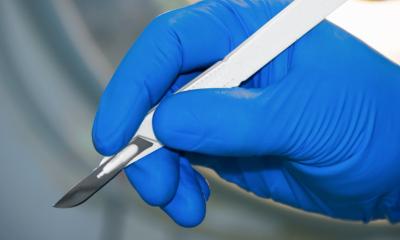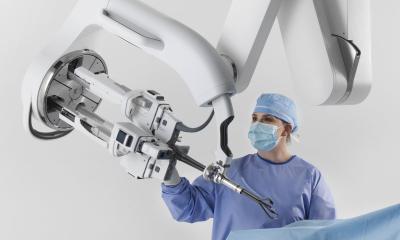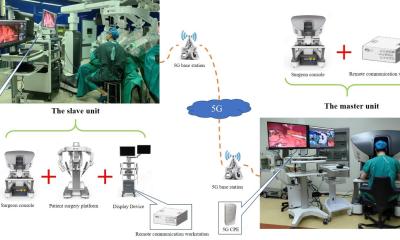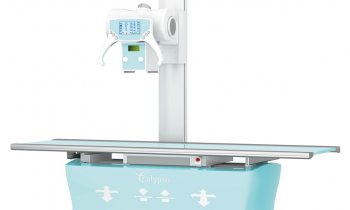Correcting Tetralogy of Fallot
ECMO's role in a world's first cardiac procedure: Cardiac specialists in the UK have performed a world’s first operation on a 14-year-old boy suffering a severe heart condition.
Mark Nicholls reports.

The patient had a Tetralogy of Fallot - a congenital heart defect with four abnormalities inside the heart – and underwent the procedure at the East Midlands Congenital Heart Centre at Glenfield Hospital, Leicester, earlier this year. the teenager has now made a complete recovery.
What set this procedure apart as a world first was the way the surgical team worked alongside the ECMO (Extracorporeal membrane oxygenation) unit. That helped ensure that the complex keyhole stent and valve insertion procedure to cure the congenital heart defect was able to go ahead, because of the ECMO unit being on standby to minimise the risk of damaging the patient’s heart muscle and provide instant cardiac support if needed.
Consultant congenital cardiologist Dr Frances Bu’Lock, who led the diagnosis and was involved in the planning for the surgery, explained that the patient had a recurrent right ventricular outflow tract obstruction caused by a bar of muscle that contained a branch of the right coronary. It required urgent treatment because narrowing had caused the right side of the heart to swell to twice the size it should be.
After three previous operations had not resulted in a satisfactory outcome, Dr Bu’Lock said surgeons were running out of options to tackle what had become a ‘very severe obstruction’. Due to the associated risks, the Glenfield team consulted other European cardiologists – there was the possibility the patient may have an acute infarct during the procedure and might become electrically and haemodynamically unstable, or could develop arrhythmias, which would make the procedure impossible to complete.
Their contact led to the decision to use ECMO with a team of more than 20 doctors, nurses and physiologists assembled to perform the procedure, and with the ECMO specialists on hand to support the patient’s circulation if he suffered a heart attack during the procedure, with a full life support circuit prepared and ready for use at a moment’s notice. ‘We did it as a combined procedure,’ Dr Bu’Lock explained. ‘With the surgeons and the ECMO team in the lab suite, if the patient did go into ventricular fibrillation or cardiac arrest when we inflated the stent and compressed the coronary we would go on to ECMO and complete the procedure.’
Deliberately sacrificing the coronary as part of that procedure, with the involvement of the ECMO team, was the first time this type of procedure had been performed this way anywhere in the world. The cardiac and surgical teams at East Midlands Congenital Heart Centre specialise in performing very complicated and unusual procedures with ECMO support; both for people with malformed hearts and also for babies with major heart rhythm problems.
‘We are increasingly using ECMO to allow us to do procedures that otherwise we could not safely do – and that other units would not do,’ Dr Bu’Lock pointed out with a justifiable note of pride. ‘In this case, the patient made a complete recovery – he woke up and said my heart feels different – he’s gone back to full sporting activity.’
Subsequent exercise tests and scans have shown the narrowing has gone and the size and pressure in the right side of the patient’s heart has reduced to near normal with the breathlessness having disappeared and energy levels increased.
Profile:
Oxbridge medical graduate Dr Frances Bu’Lock trained in congenital cardiology in Bristol, Birmingham and Liverpool. Joining Glenfield Hospital, Leicester, 11 years ago, today she leads the foetal cardiology service, but also has significant expertise in adult congenital heart disease. Her current major research interest is in the genetics of congenital heart disease, questioning whether gene changes cause congenital heart disease.
02.09.2014










